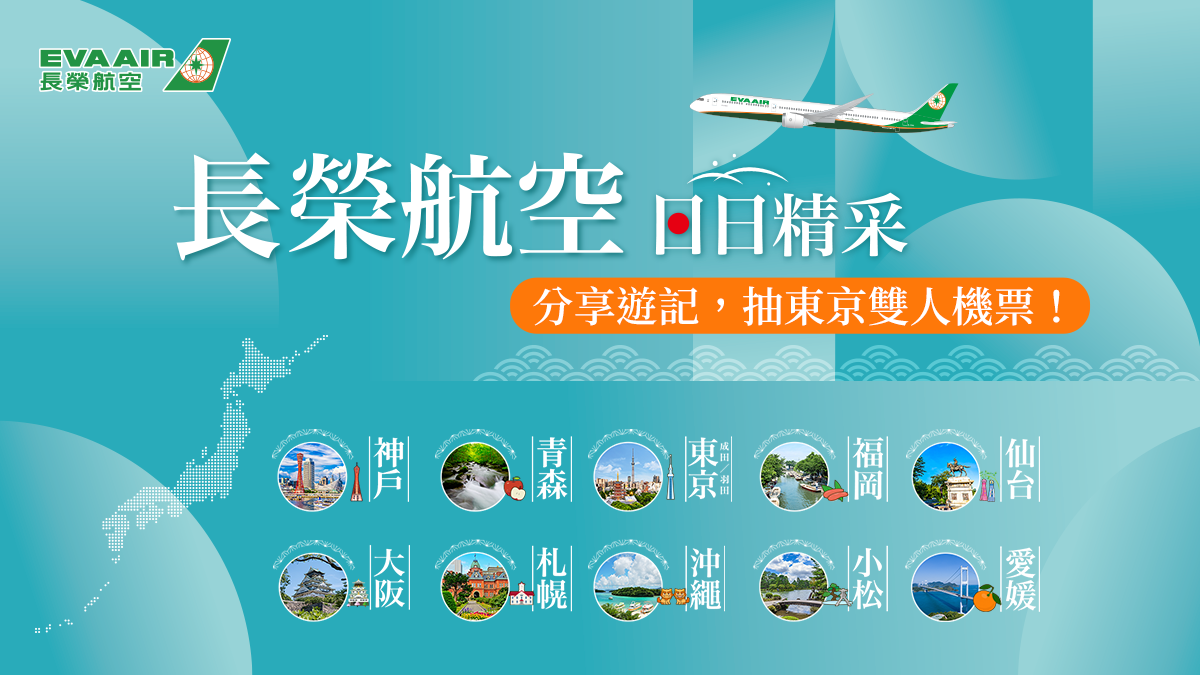close
ib tutor,tutorial-Search Engine Optimising For Long Tail Search Results |
|
|
| Search Engine Optimising For Long Tail Search Results By: Steven Balfour
What are Long Tail Search Terms? The ultimate goal when search engine optimizing a website within a competitive market is to reach position 1 in the rankings for the most relevant popular search term. Whilst nothing is impossible, sometimes this goal may be unachievable with the given resources or may be more realistic as a long term goal. This is where long tail search terms become a useful way to provide a quick return and generate traffic to your website. Let us take a website that sells football kits as an example. Now the obvious search terms and keywords that we would like to target during the optimization of the website are "football", "kits" and, of course, "football kits". So here we would be targeting really competitive search terms which, unless we manage to rank within the top 10 search engine results, are unlikely to provide any return. The quickest way around this is to target long tails search terms, so for the above example we may look to include an extra keyword so that we target search terms such as "cheap football kits" or "new football kits". This is the beginning of the long tail. If the website sells Liverpool kits then we can start to look at terms such as "Liverpool football kit", "Liverpool home kit", "Liverpool away shirt" and even "new Liverpool home socks 07/08". Then you could also target player names like "Steven Gerrard home shirt". So as you can see we now have a selection of search terms that we can target and use to help attract possible customers visit the website. How do you Target Long Tail Search Results? Sticking with the football kits example, for every kit sold on the website you would look to have an individual page which we could use to target the long tail search terms. A classic online store structure usually consists of something similar to the following format: Home –>Categories –> Sub-Categories –> Product Pages Now the home page could target general terms such as "football kits" and "cheap football kits" then the categories may be made up of the individual leagues and would be optimized for a search term such as "English Premiership football kits" or "Scottish Premier League football shirts", plus at the categories level you may have sections targeting the terms "new football kits" and "football kit sale". Then your sub-categories are likely to be the teams within each league which is when you target search terms such as "Liverpool football kit" or "Man United football kits". And finally each product should have its own landing page targeted for related search terms, so for example "Liverpool home shirt 07/08" or "Tottenham Hotspur 125 years home shirt". These terms are now really long tail and really targeted. What are the Benefits of Optimizing for Long Tail? Even though these long tail search terms may individually bring you little traffic, collectively they can provide a surge of new visitors who otherwise may never have found your website. Taking the online store model above, lets say you have (obviously) 1 home page, 10 category pages, 20 sub-category pages within each category and then 100 product pages within each sub-category. That gives you 20,001 web pages which you can use to target individual long tail search terms. If each of those pages could bring you 1 visitor per day then you are quids in! Long tail search terms tend to be a lot less competitive so it is easier to quickly find your website ranking within the money positions in search engines. Long tails search terms also have the advantage of bringing customers to your website who already have a good idea of what it is they want to buy. For example, if someone typed in a search for "football kits" then they are more likely to be in a browsing mindset, not quite sure what they are looking for and possibly even looking for something your website does not offer like say American football kits. But if they type in the exact name of the product and land on your website’s page which is targeted specifically towards it, then the chance is that they are ready to buy and are just shopping around for the best price. If that’s your website then you have a sale. Summary Optimizing your website just for a few competitive search terms can be a risky business. If it works it can reap rewards but very quickly you can find your website has dropped in rankings and is no longer receiving the traffic. You should support these competitive search terms with long tail search terms to help increase the availability of your website within search engine results. By doing this you may soon find that the majority of your visitors are finding your website through the long tail search terms. Ps. Hopefully you found this blog post by visiting Google and typing in something like "long tail search engine optimizing" ;)
|
文章標籤
全站熱搜


 留言列表
留言列表


